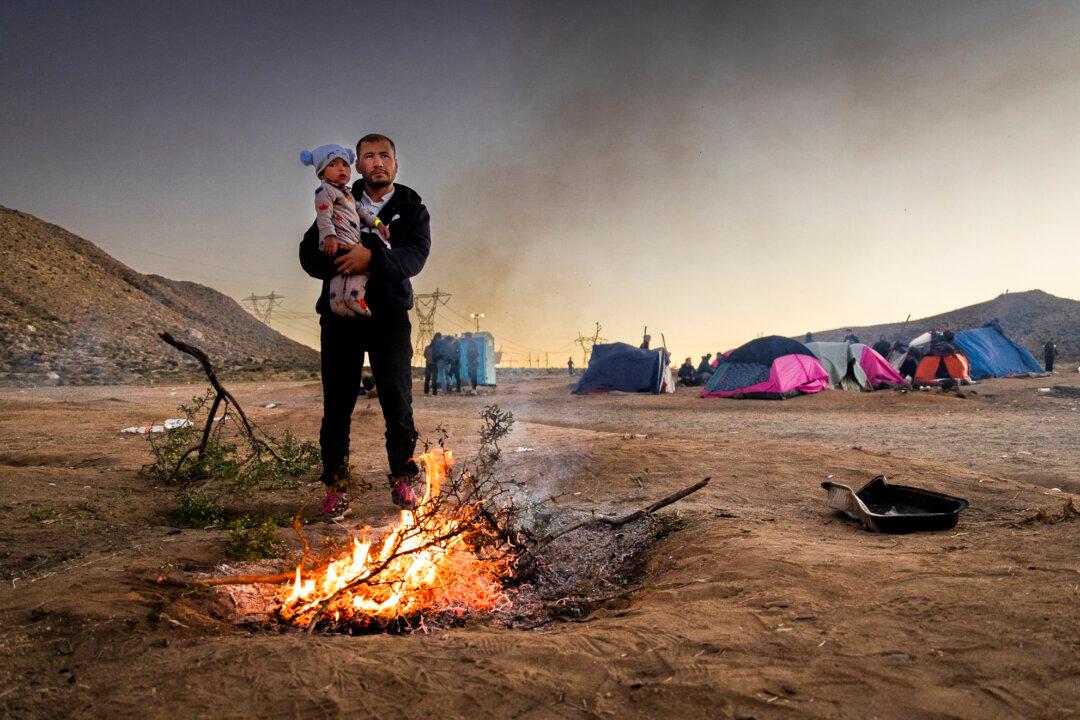Many of the illegal immigrants who recently entered the United States through gaps in the border wall at three makeshift camps in southeastern San Diego County claim they’ve come to America to flee religious persecution, while others say they’re coming for jobs, education, and business opportunities.
More than a dozen illegal immigrants interviewed at the locations near the border wall known as Willow, Moon, and 177 camps between Dec. 5 and Jan. 10 told The Epoch Times they paid anywhere from $2,000 to $18,000 to get to the United States from Tijuana but wouldn’t say much about their Mexican “guides.”






